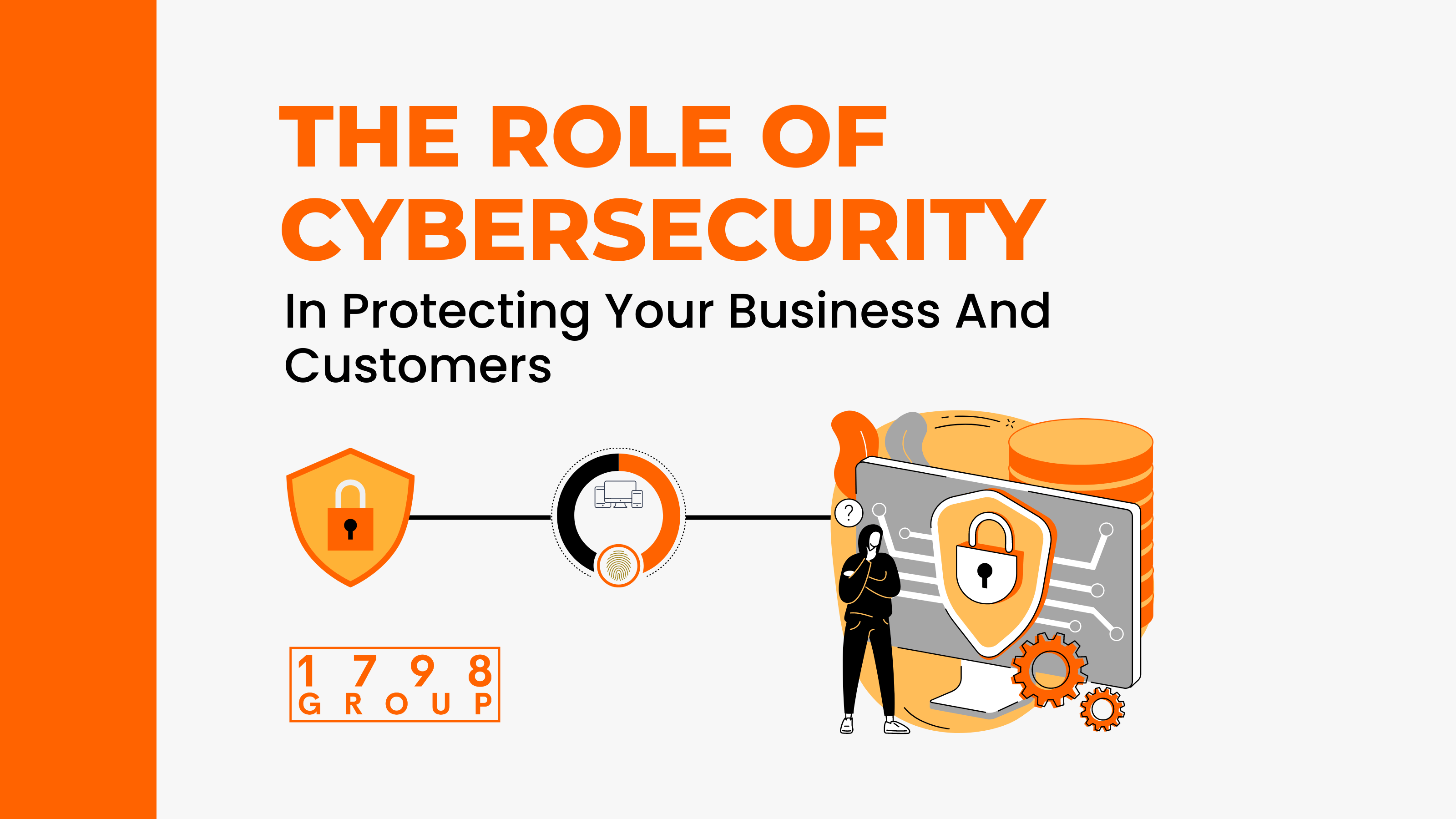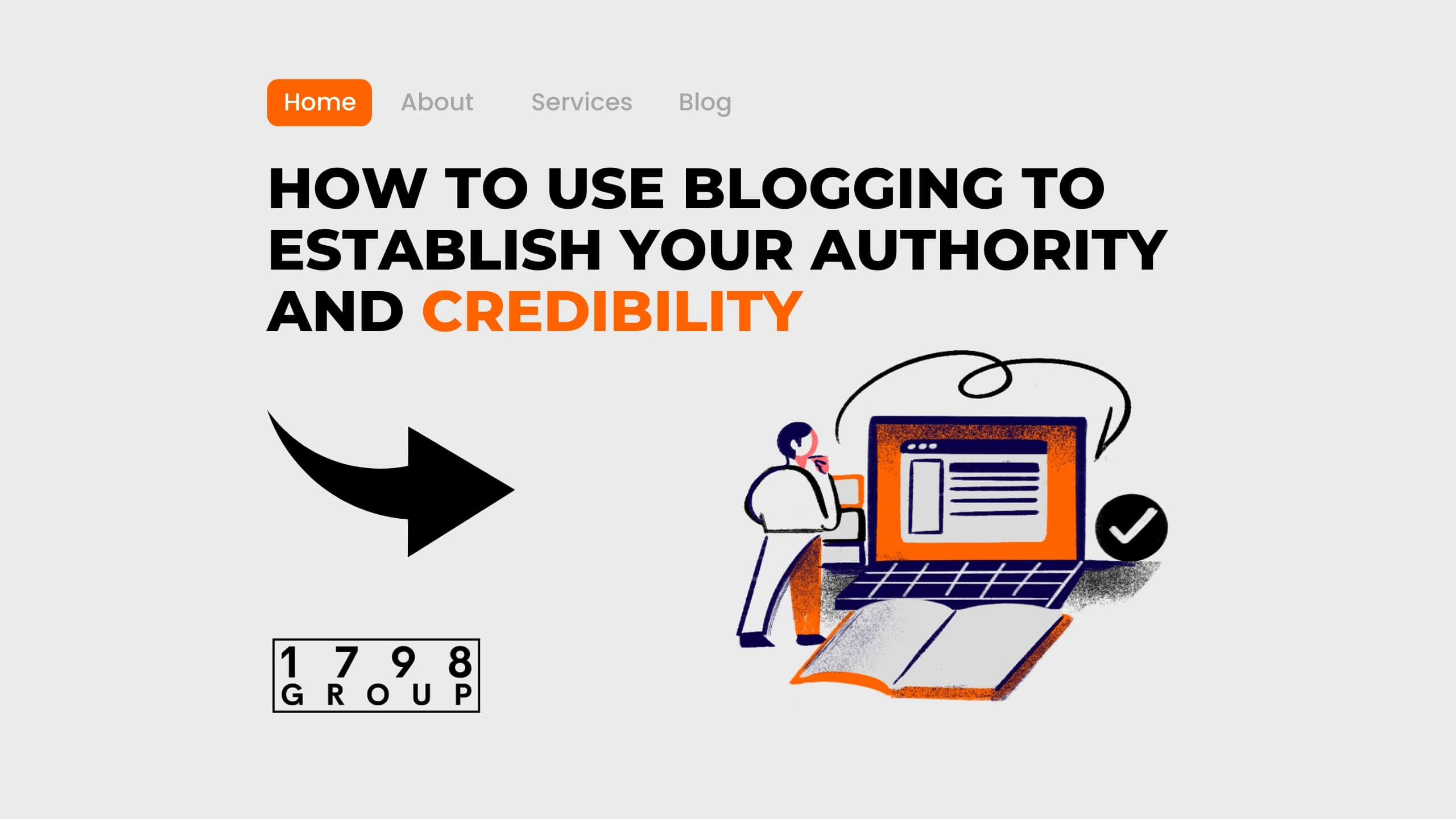
In today’s digital age, cybersecurity has become a critical aspect of protecting businesses from cyber threats. Cybersecurity refers to the practices and technologies that are used to protect digital assets from unauthorized access, use, disclosure, disruption, modification, or destruction. Without effective cybersecurity measures, businesses risk losing valuable data, suffering financial losses, and damaging their reputation.
Understanding Cybersecurity Threats
Cybersecurity threats can come in many forms, including malware, ransomware, phishing scams, social engineering attacks, and denial-of-service attacks. Malware is malicious software that can infect a computer or network and steal or destroy data. Ransomware is a type of malware that encrypts a user’s files and demands payment in exchange for the decryption key. Phishing is the practice of sending fraudulent emails or messages to trick users into revealing sensitive information or clicking on a link that downloads malware. Social engineering attacks are designed to trick users into giving away their personal information, such as passwords or credit card numbers. Denial-of-service attacks overwhelm a system with traffic, making it unavailable to legitimate users.
The Risks of Cybersecurity Breaches
The risks of a cybersecurity breach can be significant, with potentially devastating consequences for a business’s finances, reputation, and customers. Cybersecurity breaches can result in lost data, intellectual property theft, financial losses, and legal liabilities. Furthermore, a cybersecurity breach can damage a business’s reputation, leading to lost customers and revenue.
Protecting Your Business with Cybersecurity Measures
To protect your business and customers from cybersecurity threats, it is essential to implement cybersecurity measures that are tailored to your business’s unique needs and risks. These measures can include firewalls, antivirus software, intrusion detection and prevention systems, secure email gateways, and security awareness training for employees. Firewalls are network security devices that filter incoming and outgoing traffic to block unauthorized access to your network. Antivirus software scans your computer for malware and removes it if found. Intrusion detection and prevention systems monitor network traffic and alert you to potential attacks. Secure email gateways protect against email-based attacks, such as phishing scams and malware attachments. Security awareness training educates employees about cybersecurity best practices and how to identify and avoid common cyber threats.
Protecting Customer Data
Protecting customer data is a critical component of cybersecurity, as businesses have a responsibility to safeguard the personal and sensitive information of their customers. This can include measures such as data encryption, access control, regular security audits, and compliance with data protection laws. Data encryption is the process of converting plain text data into a code that can only be read with a decryption key. Access control limits access to sensitive data to authorized users. Regular security audits identify vulnerabilities in your cybersecurity measures that need to be addressed. Compliance with data protection laws ensures that your business is following legal requirements for protecting customer data.
Creating a Culture of Cybersecurity
Creating a culture of cybersecurity is essential for ensuring that all employees understand the importance of cybersecurity and take responsibility for protecting the business and its customers. This can include regular cybersecurity training and awareness programs, clear policies and guidelines for the use of technology, and regular monitoring and reporting of cybersecurity incidents. Employees should be educated on best practices such as using strong passwords, not clicking on suspicious links or emails, and keeping their software and devices up to date.
The Role of Managed Security Services Providers
For businesses that lack the expertise or resources to manage their cybersecurity needs in-house, working with a Managed Security Services Provider (MSSP) can be an effective solution. An MSSP can provide comprehensive cybersecurity services, including risk assessments, security monitoring, threat detection and response, incident management, and compliance reporting. By working with an MSSP, businesses can benefit from 24/7 monitoring and support, access to the latest cybersecurity tools and technologies, and a team of experienced cybersecurity professionals.
In short, cybersecurity is a critical component of protecting your business and customers in today’s digital age. Cybersecurity threats can come in many forms, and the risks of a cybersecurity breach can be significant, with potentially devastating consequences for your business. Implementing cybersecurity measures tailored to your business’s unique needs and risks, protecting customer data, creating a culture of cybersecurity, and working with an MSSP are all essential steps to ensure the protection of your business and customers. By investing in cybersecurity, businesses can safeguard their digital assets, maintain customer trust, and thrive in today’s increasingly digital world.
How We Can Help You?
At our business consultancy and digital marketing agency, we understand the importance of cybersecurity in protecting your business and customers. That’s why we have a team of professional cybersecurity engineers who can help you implement tailored cybersecurity measures to safeguard your digital assets, prevent cyber threats, and protect customer data. With our team’s expertise and experience, you can create a culture of cybersecurity, ensure compliance with data protection laws, and benefit from 24/7 monitoring and support. By working with us, you can rest assured that your business and customers are protected in today’s increasingly digital world.



